Overview The aim of this article is to foreground a praxis of non-Western diplomacy within a rubric of interplay among international relations, cultural representation and intellectual thought. The 18th century Moroccan


CRITICAL THEORY | SOCIAL ANALYSIS | POLITICAL PHILOSOPHY AND THEOLOGY

Overview The aim of this article is to foreground a praxis of non-Western diplomacy within a rubric of interplay among international relations, cultural representation and intellectual thought. The 18th century Moroccan
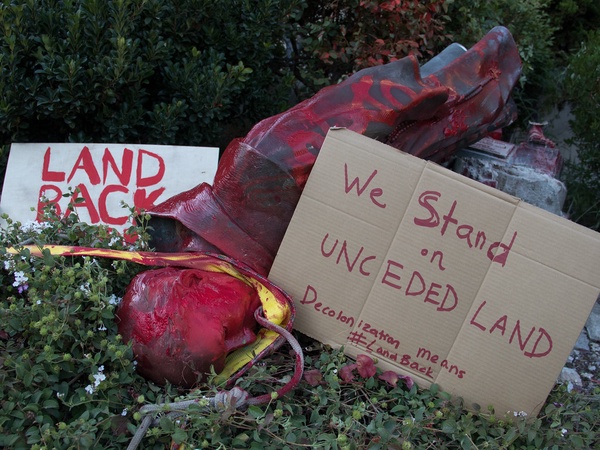
Out of respect for Dr Tinker’s writing style, the editor has chosen to keep the author’s footnotesintact. Readers should know that they often expand and clarify the text in addition

The following is the video and transcript of the second “Critical Conversation”, a monthly Zoom seminar with advance registration sponsored by The New Polis and Whitestone Publications and involving international scholars. The
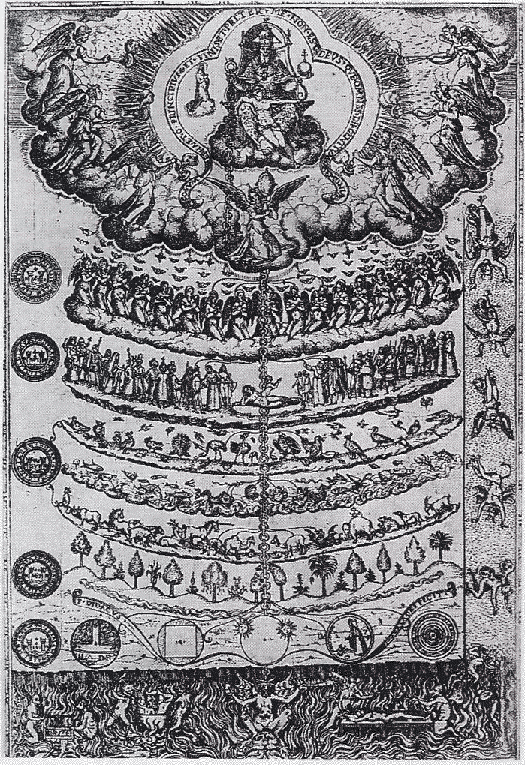
Sarah Huckabee Sanders’ condescending dismissal of congressional representative Alexandria Ocasio-Cortez (during an interview with Fox News), went largely unnoticed during a week dominated by the latest rancorous national debate. It
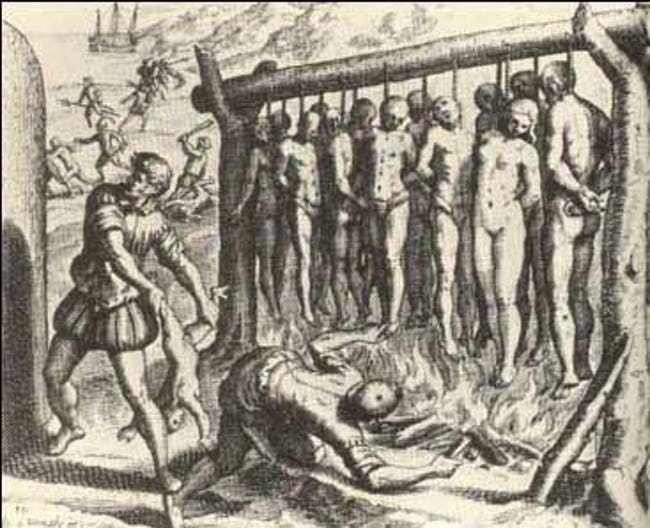
The New Polis is honored to present Dr. Tinker’s follow-up piece to “Redskin, Tanned Hide: A Book of Christian History Bound in the Flayed Skin of an American Indian: The Colonial
The following article is republished from the former Political Theology Today. Observers looking for historic parallels between our time and bygone eras in United States history may have to go all
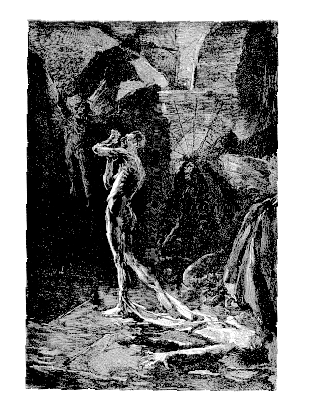
Yesterday, an article by Josh Katz and Margot Sanger-Katz in The New York Times drew attention once again to an opioid abuse epidemic in the United States. As they write, the 2017
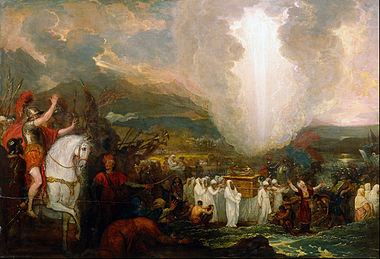
Willie James Jennings, author of the award-winning The Christian Imagination: Theology and the Origins of Race, argues that issues of race and the Christian faith are so entangled in American
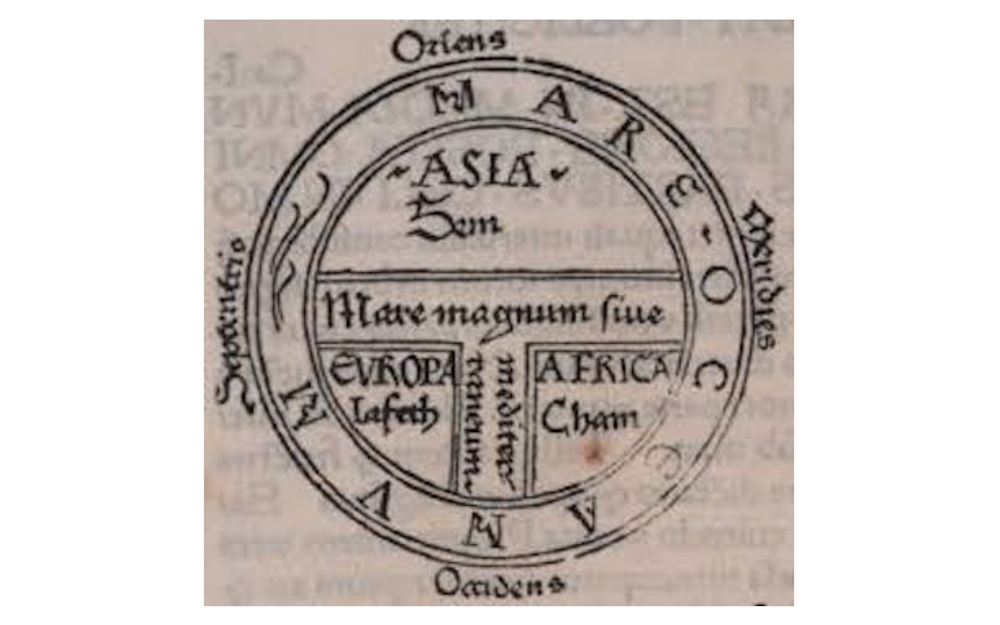
A variety of competing descriptions of ‘whiteness’ making up racist retreats to Romantic imaginaries of Anglo-Saxon identity go at least as far back as Thomas Jefferson. Jefferson had imagined himself

The following is the second installment of a two-part series. The first installment can be found here. The New Political History In the 1960s and 1970s, the emergence of history